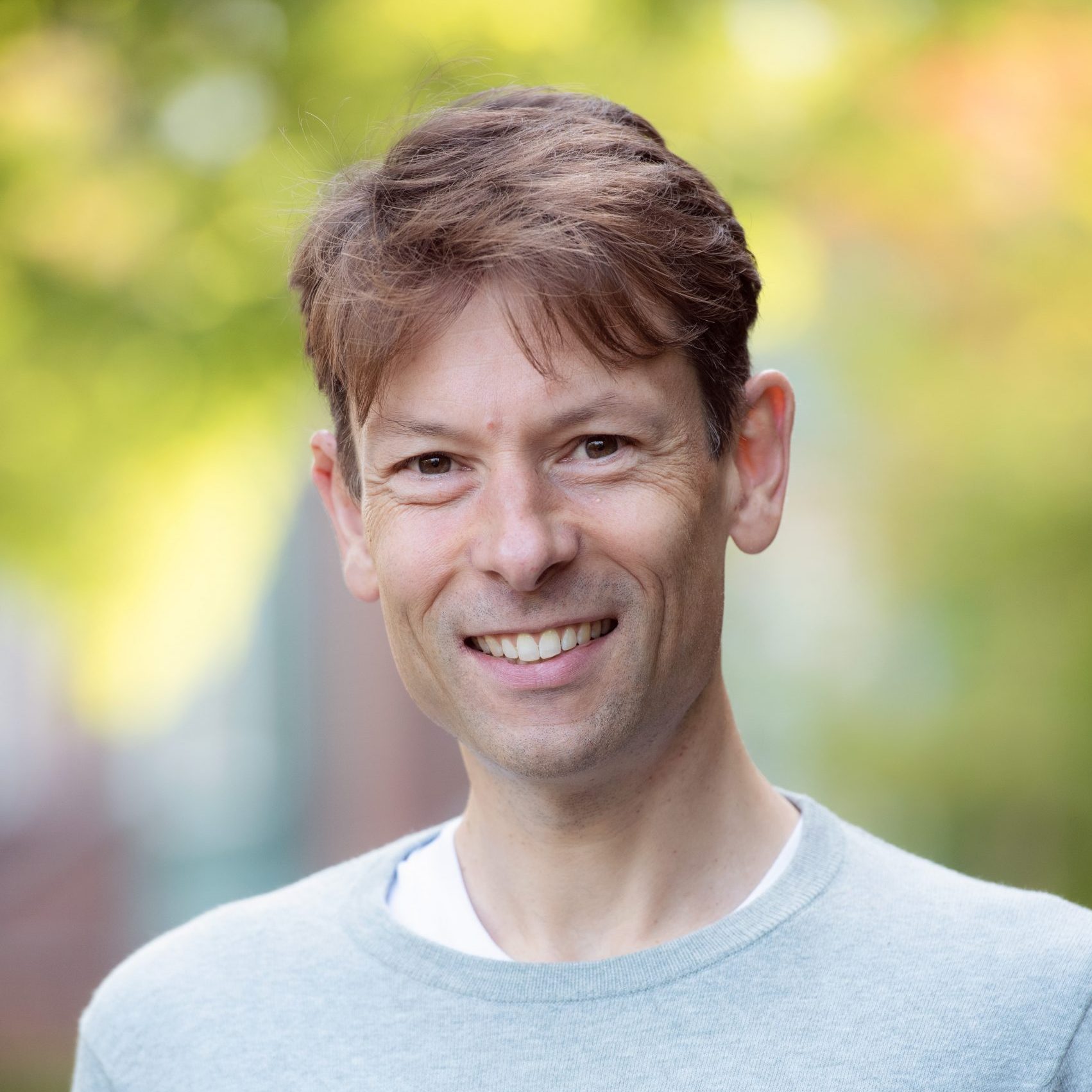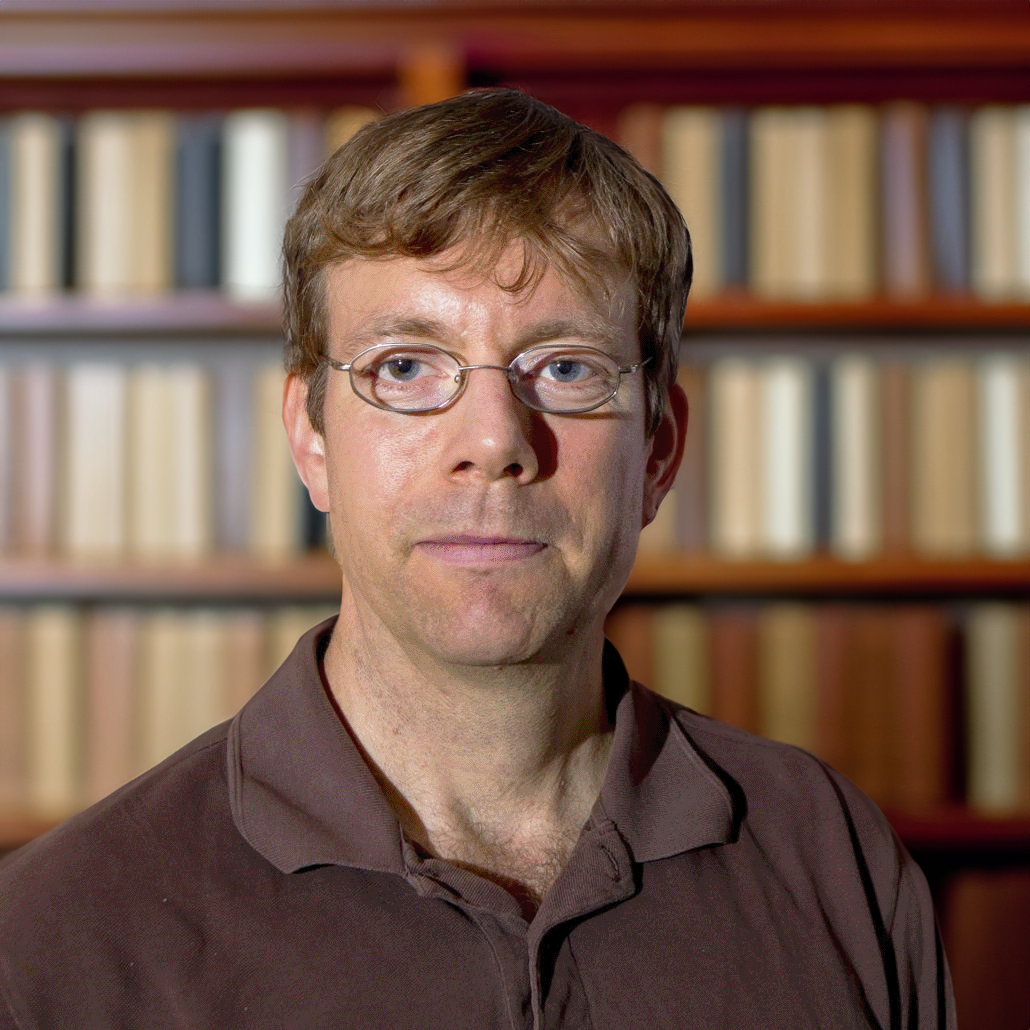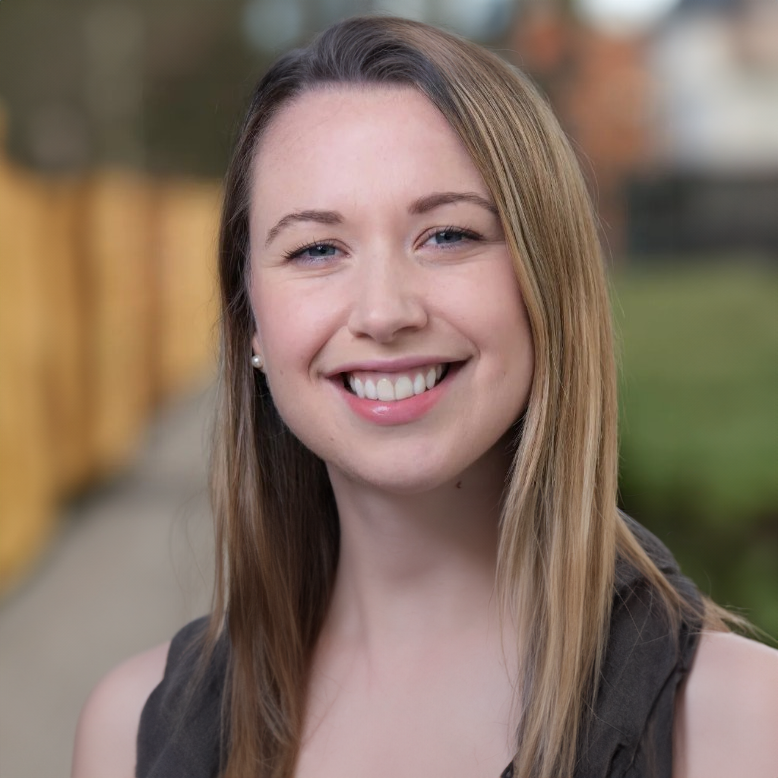Lynda Li, 4th year undergraduate BKIN student is one of the 25 winners selected in the 2022 Global Undergraduate Awards competition. There were over 2500 submissions received worldwide.
“Each year thousands of students from around the world submit their undergraduate research projects to The Global Undergraduate Awards (GUA), the world’s leading pan-discipline, undergraduate research awards programme. These submissions are reviewed by more than 600 academics who volunteer as judges and pick just 25 Global Winners, one from each category.“
Li won the Social Science: Sociology & Social Policy category for her work titled “From Victims to Visionaries: Representations of Older Asian Adults in Canadian News Media during COVID-19”. With that honour, she was invited to attend the Global Summit on 6-9 November 2022 in Dublin. The highlight of this three-day-long event is the Gala Dinner’s awards ceremony on 8 November, where Li and the other 24 Global Winners will receive the Thomas Clarkson Gray Gold Medal for their work.”
Congratulation to Lynda for this outstanding achievement!
Read more about Lynda’s work via The Ubyssey.








